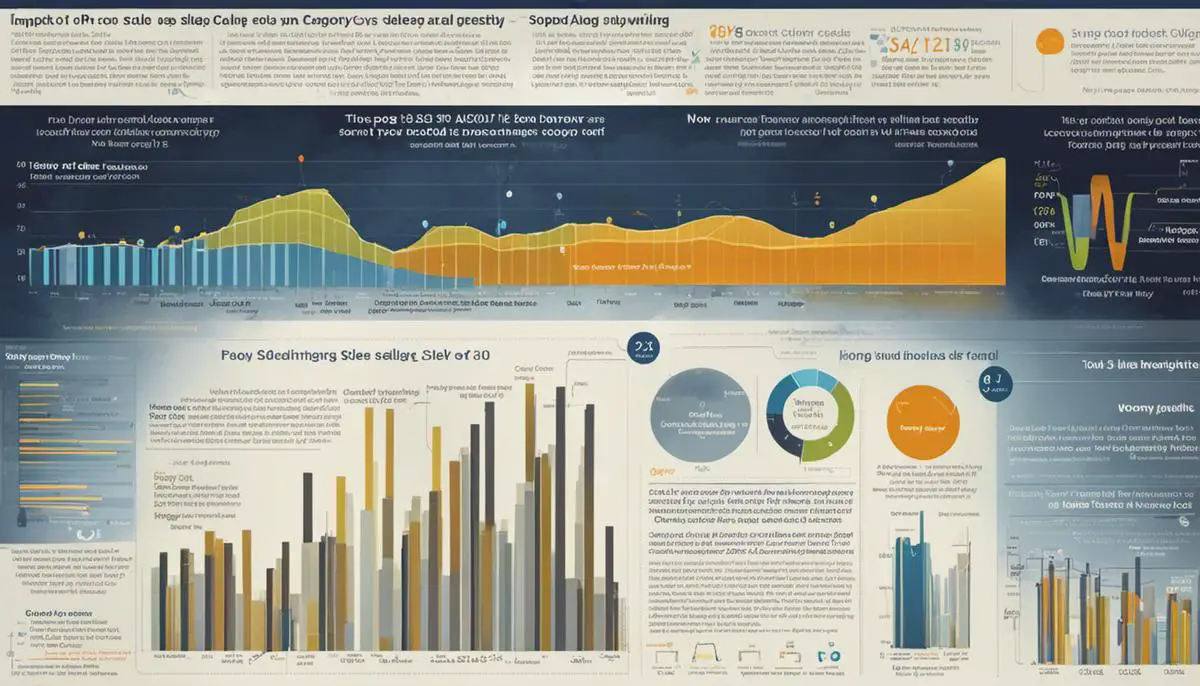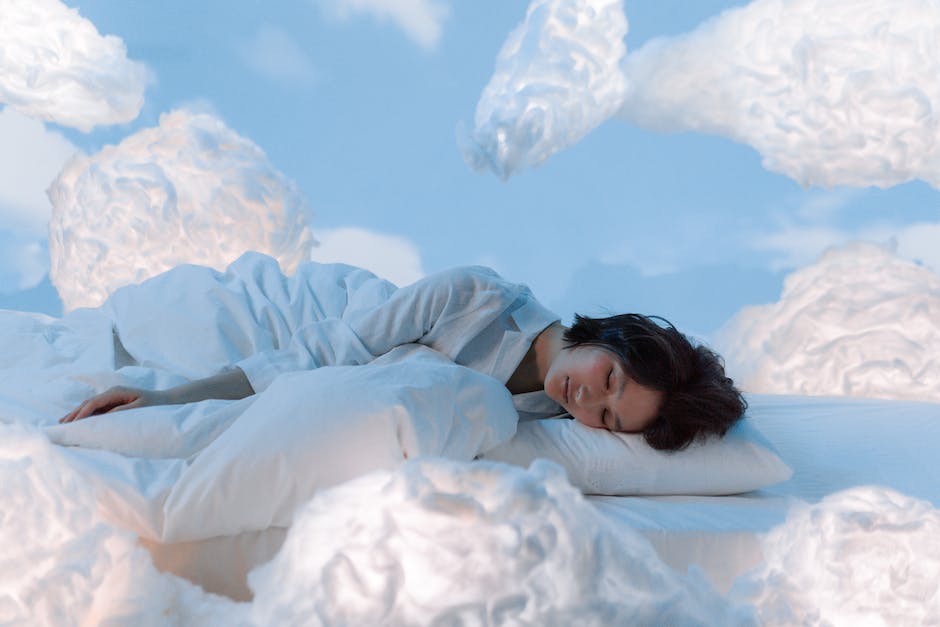The human mind is an unparalleled expanse of mysteries and potential, exemplifying its capacities in numerous ways, one of which is lucid dreaming. Lucid dreaming, a fascinating cognitive phenomenon, embodies the ability to become consciously active during our dreams, navigating through them with an intention and awareness relatively greater than in routine dreaming. Coupled with this exploration is the ubiquitous consumption of a familiar libation – alcohol. It’s no secret that alcohol plays a significant role in our society and individual lives, but it also holds a consequential influence on our physiological and psychological functions, particularly its impact on sleep patterns and dreaming. By laying the groundwork of understanding these separate concepts, we aim to explore the intriguing intersection of alcohol and lucid dreaming.
Understanding Lucid Dreaming
What is Lucid Dreaming?
Lucid dreaming falls under the umbrella of dreaming during rapid-eye-movement (REM) sleep, but it’s characterized by elements of both wakefulness and dreaming. While having a dream, people who experience lucid dreaming realize they’re dreaming and can consciously manipulate the dream’s narrative. This self-awareness allows them to create an almost virtual reality simulation within their dream state where everything appears real while knowing that they are, in fact, dreaming.
Understanding Alcohol and Lucid Dreams
Alcohol has a complex relationship with the process of dreaming. While initially, alcohol might make it easier for people to fall asleep, it changes the structure and quality of sleep. Alcohol is known to suppress REM sleep during the first half of the night, causing “REM rebound” in the latter part where this phase is intensified. This rebound can lead to vivider and more intense dreams. However, despite the intensity of these dreams, the notion that alcohol consumption aids lucid dreaming is a misleading conclusion. Lucid dreaming requires self-awareness and mental clarity, which alcohol, being a depressant, can impede.
The Effect of Alcohol on Dream Recall
The nature of alcohol impacts the brain’s cognitive functions and can potentially blur or erase the memory of dreams. Because it hampers the brain’s ability to consolidate memories, alcohol can lead to blackouts that may cause dream amnesia, even if one has had vivid or lucid dreams. People who consume copious amounts of alcohol might find it challenging to recall any dreams, let alone experience lucid ones.
Benefits and Downsides of Lucid Dreaming
Lucid dreaming in itself is a neutral event; it is neither good nor bad. There are several potential benefits attached to it, like facing and overcoming fears, practicing real-life skills, and exploring the unconscious mind with a safety net. However, it can also lead to disturbing experiences if dreams delve into unsettling or fear-inducing scenarios. Too much indulgence in lucid dreaming can impact sleep quality and, in rare cases, can lead to sleep paralysis or even mental health issues.
Interpretations and Myths About Lucid Dreaming
There’s a wide range of interpretations and misconceptions attached to lucid dreaming. Some view it as a spiritual practice or a method of self-exploration, while others fear it due to several myths. For instance, a common myth suggests that lucid dreaming could trap one in a dream or even cause death; however, such possibilities are entirely unfounded. Lucid dreaming is a naturally occurring state during sleep and poses no inherent threat to life or the mind.
How Alcohol Interacts with Lucid Dreaming
Contrary to popular belief, alcohol does not directly contribute to lucid dreaming. Whilst it does have the potential to affect REM sleep and lead to vibrant dreams, it is not a factor in lucid dreaming. In fact, the consumption of alcohol can inhibit cognitive functions, including memory recall, thereby disrupting lucid dreaming experiences. Instead of relying on substances, optimal sleep hygiene, relaxation methods, and overall mental well-being are more beneficial for realizing conscious and lucid dreams.

Alcohol: What It Truly Is
A Closer Look at Alcohol’s Characteristics
Alcohol, also known as ethanol, is a psychoactive substance that is prevalent in beverages like beer, wine, and distilled spirits or hard liquor. It’s not only one of the most widespread recreational substances but also one of the oldest. Created from the fermentation of sugars by yeasts, alcohol is a flammable, colorless liquid that affects the mind significantly when ingested.
Forms: Types of Alcoholic Beverages
Alcohol takes various forms, which include beer, wine, and spirits. Beer is the most consumed alcoholic beverage and generally has an alcohol content of 4% to 6%. Wine, typically produced from fermented grapes, boasts an alcohol content varying from 12% to 15% but can reach up to 20%. Spirits, which include products such as vodka, whisky, and rum, can contain alcohol concentrations anywhere from 20% to up to 80%.
Effects: Alcohol on the Body and Mind
Upon consumption, alcohol is quickly absorbed by the stomach and small intestine into the bloodstream. It affects the body by slowing the functioning of the central nervous system—impairing physical and cognitive functions. Short-term effects include slurred speech, slowed reaction times, impaired memory, and blackouts. Long-term effects can lead to serious health problems like liver disease, heart problems, and an increased risk of several types of cancer.
Alcohol and Dreaming: A Complex Relationship
There is a complex relationship between alcohol and dreams. Research has shown that alcohol’s effects alter sleep patterns. It may help bring on sleep, but as the body begins to metabolize the alcohol, it can often cause people to wake up numerous times throughout the night, resulting in disrupted sleep patterns. One outcome of disrupted sleep patterns can be an increase in vivid or lucid dreams.
Alcohol Consumption: Impact on Lucid Dreaming
While many believe that alcohol might enhance their dream experiences, scientific evidence so far indicates otherwise. Researchers found that alcohol seems to suppress REM (Rapid Eye Movement) sleep during the first half of the night when your body metabolizes alcohol. Despite causing deep sleep initially, alcohol can lead to fragmented sleep in the second half of the night. This suppression of REM sleep could potentially reduce the likelihood of experiencing lucid dreams, as these usually occur during the REM phase of sleep.
Dispelling Misconceptions: Alcohol’s Role in Lucid Dreaming
Contrary to widespread belief, alcohol does not serve as a dependable or healthy catalyst for sparking lucid dreams. Some individuals may experience lucid dreams after consuming alcohol, but this phenomenon is likely a result of REM rebound rather than induced by the alcohol itself. The unpredictable and inconsistent nature of REM sleep after alcohol consumption denotes that outcomes can differ significantly among individuals. Moreover, turning to alcohol as an aid for sleep can foster dependency and invoke a myriad of health problems, eclipsing any potential benefits it may seem to provide to lucid dream frequency or intensity.

The Impact of Alcohol on Sleep Patterns
The Influence of Alcohol on Sleep Patterns
The intake of alcohol can manipulate the body’s regulation of sleep patterns, known as sleep architecture. People often mistake alcohol as a useful sleep aid as it can reduce the time taken to fall asleep. However, it’s important to note that it adversely disrupts the latter half of the sleep cycle, leading to premature awakening.
Alcohol detrimentally impacts rapid eye movement (REM) sleep, the phase responsible for dreaming and memory formation. Instead of nurturing this vital stage of rest, alcohol extends the initial phase of non-REM sleep and briskly ushers the body into deep sleep. Although this shift might seem beneficial at first glance, it significantly disrupts the body’s innate sleep cycles, resulting in fatigue and impaired concentration the following day.
Effects of Alcohol on Dreaming and Sleep Quality
When alcohol suppresses REM sleep in the first half of the night, it often results in an increase of REM sleep in the second half of the night, triggered by alcohol withdrawal. This condition, known as REM rebound, leads to more intense and vivid dreams, often associated with nightmares and increased heart rate. This fact can be especially problematic for individuals attempting to harness lucid dreaming—the ability to realize you’re dreaming and possibly control the dream—because it results in restless, poor-quality sleep.
Research on Alcohol-Induced Sleep
Research has shown that alcohol’s sedative effects decrease as the night progresses, leading to a disruption in sleep maintenance. This disruption can lead to several awakenings during the night and affect restorative sleep. Sleep fragmentation, courtesy of alcohol-induced sleep, has been linked to daytime fatigue, impaired performance, and an increased risk of accidents and falls.
Additionally, chronic alcohol consumption can exacerbate sleep disorders such as insomnia and sleep apnea. It’s also been known to cause parasomnias, sleep-related phenomena like sleepwalking or night terrors.
Alcohol and Lucid Dreaming
While alcohol might lead to more intense dreams due to REM rebound, its disruptive effects on sleep quality and architecture make it detrimental for those wishing to pursue lucid dreaming. Lucid dreaming requires high quality REM sleep, a condition hindered by alcohol consumption. The sleep interruptions and deteriorating sleep quality make it increasingly difficult for an individual to attain the level of awareness required for lucid dreaming.
In sum, the influence of alcohol on sleep routines, overall sleep quality, and the potential to experience lucid dreams is significant. Although alcohol may initially appear to have a sedative effect, it in fact disrupts sleep cycles, intensifies sleep disorders, and dampens the capacity to have lucid dreams. Undisturbed sleep, void of alcohol, is vital for optimum health and cognitive abilities.

Alcohol and Lucid Dreaming: Unraveling the Connection
Digging Deeper into Lucid Dreaming
To fully grasp how alcohol can affect lucid dreaming, it’s important to first understand the concept of lucid dreaming itself. Lucid dreaming is a state of consciousness during one’s dreaming phase. In this state, one has the ability to control or direct the course of their dreams, self-meditate, recall memories while awake, and consciously perform actions within a dream. Though it was once dismissed as a mere pseudoscience, many studies such as those conducted by La Berge and others in 1981 have validated the existence and characteristics of lucid dreaming through EEG monitoring and tracking eye movements.
Alcohol and The REM sleep Phase
Alcohol affects sleep architecture, particularly the REM (Rapid Eye Movement) phase of sleep. This sleep phase is notable for its association with dreaming, including lucid dreaming. According to a study published by the National Institute on Alcohol Abuse and Alcoholism, alcohol consumption, especially in high quantities, can inhibit REM sleep in the first half of the night, leading to a rebound effect in the second half of the night with more intense and frequent dreams. However, this does not necessarily translate to lucid dreams.
Impact on Lucid Dreaming
Alcohol, due to its effects on REM sleep and its neurochemical impact, generally inhibits the ability to lucid dream. Research by La Berge (1990) found that alcohol reduces the likeliness of lucid dreaming because it impairs working memory, a cognitive function related to consciousness and self-reflection, both of which are crucial for achieving lucid dreams. Moreover, alcohol suppresses brain activities and inhibits functions in the neocortex, where the conscious mind is active, thus making lucid dreaming less likely.
The Alcohol-Lucid Dream Connection: Conflicting Findings
There are, however, some conflicting findings regarding the alcohol-lucid dream connection. Some individuals and online communities report an increase in lucidity or dream vividness following alcohol consumption, specifically instances of ‘REM rebound’. These accounts are mainly anecdotal and lack scientific backing. In contrast, Stumbrys et al. (2014) found in their study of dream recall frequency and dream content following alcohol that there were no significant differences in dream recall or dream content between an alcohol condition and a non-alcohol condition.
Factors Influencing the Alcohol-Lucid Dream Nexus
The conflicting reports can be attributed to multiple factors such as alcohol tolerance, the amount of alcohol consumed, the individual’s dream recall ability, their overall health, and whether they practice or train in lucid dream induction techniques. Furthermore, various other substances including prescribed medication, caffeine, or recreational drugs can also influence dream patterns and lucidity, thus confounding the direct effect of alcohol.
Expert Insights
Sleep and neuropsychology experts generally discourage alcohol consumption for promoting lucid dreaming. It is noted that regular and moderate alcohol consumption may lead to habituation, implying that the REM-suppressing effects of alcohol decrease over time, but the harmful effects on sleep quality, cognitive functions, and overall health persist. Additionally, reliance on substances to influence dreams or sleep cycles poses risks such as dependency and sleep disorders.
Promoting Lucid Dreams: Alternative Methods
For those seeking to experience lucid dreams, experts suggest non-substance related strategies such as cognitive techniques, mindfulness practice, dream journaling, and reality testing. These methods focus on enhancing memory, consciousness, self-reflection, and critical thinking skills that help in recognizing and controlling dreams. These techniques are considered safer, healthier, and more effective for inducing lucid dreams than alcohol or other substances.

Delving into the nexus of alcohol consumption and the phenomenon of lucid dreaming unearths several complexities. From the intricate foundations of lucid dreaming to the pervasive implications of alcohol, both on a molecular and behavioral level, we traverse a labyrinth of interconnected domains. Alcohol, despite its widespread usage, often masks the delicate balances of our sleep cycles, ultimately affecting our potential to perceive and control our dream world. As we continue unraveling the layers of our understanding, one can’t help but recognize the inherent duality that marks our relationship with these topics – the allure and the caution; the escapism and the reality check.
